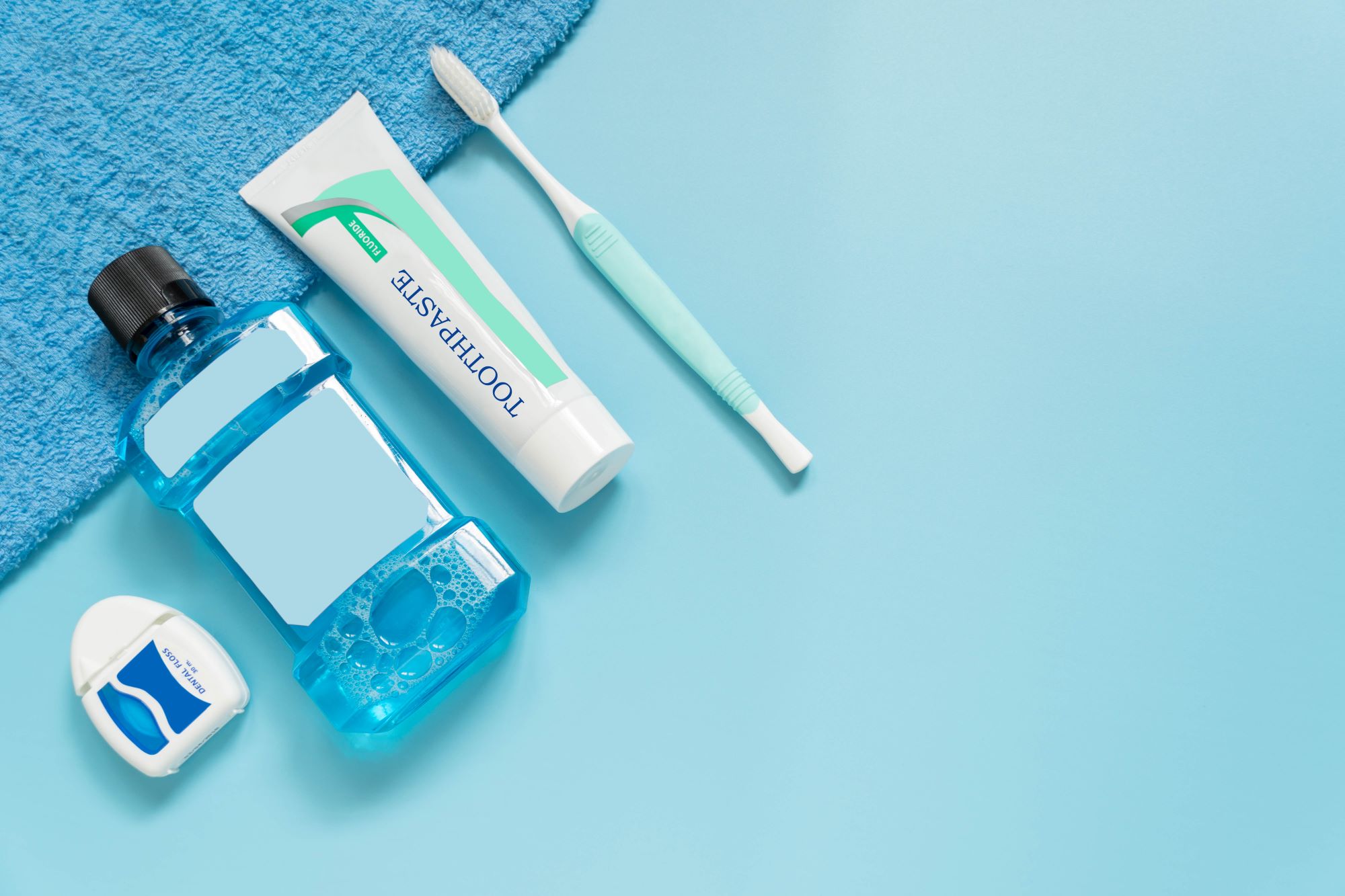Importance of Regular Dental Checkups
Frequent dental examinations are necessary to identify problems before they become serious. For instance, early detection frequently results in more successful gum disease and cavities treatment. Scheduling routine visits to a reliable general dentist can contribute significantly to your overall oral health. According to the Centers for Disease Control and Prevention (CDC), nearly half of adults over 30 show signs of gum disease, highlighting the importance of consistent dental visits. These appointments often include professional cleanings, exams, and sometimes X-rays, all of which aim to keep your teeth and gums healthy and disease-free.
Basic Oral Hygiene Practices
Maintaining appropriate dental care is the first step toward a robust and bright smile. This entails flossing daily, using mouthwash, and brushing twice daily. Using the correct method is crucial; fluoride toothpaste lowers the chance of cavities, and soft-bristled toothbrushes avoid gum abrasion. Brush every surface for two minutes to thoroughly clean. The American Dental Association (ADA) recommends replacing the bristles in your toothbrush every three to four months or sooner if wear occurs. Frequent flossing helps remove food particles and plaque from hard-to-reach areas that your toothbrush cannot. Mouthwash, particularly those with fluoride, can help to prevent gum disease and tooth decay.
Diet and Dental Health
Your diet plays a big part in maintaining the health of your teeth. Diets high in sugar and acid can erode tooth enamel and lead to cavities. For example, frequent consumption of sugary foods and beverages encourages the growth of harmful bacteria that create acids that erode tooth enamel. Conversely, foods that promote salivary flow, such as nuts, lean meats, and meals high in calcium and phosphorus, including leafy greens and dairy items, help strengthen teeth. Additionally, drinking water, particularly fluoridated water, helps reduce mouth acidity and wash away food particles. A diet rich in foods high in nutrients and minerals lowers the incidence of dental issues, per the study. You may keep your teeth healthy by eating a diet high in fruits, vegetables, lean meats, and whole grains.
Preventive Care in Modern Dentistry
Modern dentistry provides various preventative care options in addition to the usual cleanings and exams. Sealants, fluoride treatments, and routine checkups are techniques employed nowadays to prevent dental issues from developing. Dental sealants are thin coatings applied to the back teeth chewing surfaces to protect them from cavities, which are common in that area. These sealants can protect the teeth from decay for many years.
Fluoride treatments, in the form of varnishes, gels, or foams, help to fortify the tooth enamel, increasing its ability to withstand acid attacks leading to cavities. Moreover, routine screenings can detect possible problems like oral cancer, TMJ disorders, and bite issues at an early stage, enabling prompt intervention and treatment. These developments have enabled people to better care for their oral health, decreasing the necessity for more advanced and expensive treatments.
Common Misconceptions About Dental Care
There are several misconceptions surrounding dental care, such as the belief that only sugar causes cavities or that you only need to see a dentist if you experience pain. These myths can lead to inadequate dental care and poor oral health outcomes. For instance, while sugar significantly contributes to tooth decay, acidic foods and beverages can also erode enamel and lead to cavities. Moreover, dental issues often develop without noticeable pain or symptoms, meaning you could have cavities, gum disease, or even oral cancer without realizing it. Routine dental checkups are required to identify and treat these issues early on. Another widespread misconception is that dental care is all for show. The fundamental objective of dental care is to preserve the health and function of the teeth and gums, which are vital for general health and quality of life, even if having a beautiful smile is undoubtedly advantageous.
Tips for Choosing a Dentist
Selecting the right dentist can significantly impact your oral health journey. Look for a dentist with good reviews, professional credentials, and an office that makes you comfortable. Consider the dentist’s specialization; some dentists focus on pediatric care, cosmetic dentistry, or orthodontics. Personal referrals from friends, family, or your primary care doctor can provide valuable insight.
Additionally, visiting a few dental offices for consultation visits can help you assess the environment, the friendliness of the staff, and the dentist’s approach to the car. During these visits, feel free to ask questions about their experience, the technologies they use, and their approach to preventive care. Making an informed decision ensures you choose a dentist who aligns with your needs and preferences, facilitating a positive and lasting healthcare relationship.
This article was written for WHN by Dr. Sarah Martinez who is a seasoned dentist with over 15 years of experience. She earned her DDS from the University of California, San Francisco, and is a dedicated member of the American Dental Association. Dr. Martinez specializes in preventive care and patient education, and she practices at a leading dental clinic in Long Beach. Passionate about promoting oral health, she regularly contributes to dental health publications and community health initiatives.
As with anything you read on the internet, this article should not be construed as medical advice; please talk to your doctor or primary care provider before changing your wellness routine. WHN does not agree or disagree with any of the materials posted. This article is not intended to provide a medical diagnosis, recommendation, treatment, or endorsement. These statements have not been evaluated by the Food and Drug Administration.
Opinion Disclaimer: The views and opinions expressed in this article are those of the author and do not necessarily reflect the official policy of WHN/A4M. Any content provided by guest authors is of their own opinion and is not intended to malign any religion, ethnic group, club, organization, company, individual, or anyone or anything.
Content may be edited for style and length.
References/Sources/Materials provided by:
https://www.cdc.gov/oral-health/about/gum-periodontal-disease.
https://www.ada.org/en/resources/ada-library/oral-health-topics/toothbrushes.
https://www.ada.org/en/resources/ada-library/oral-health-topics/nutrition-and-oral-health




